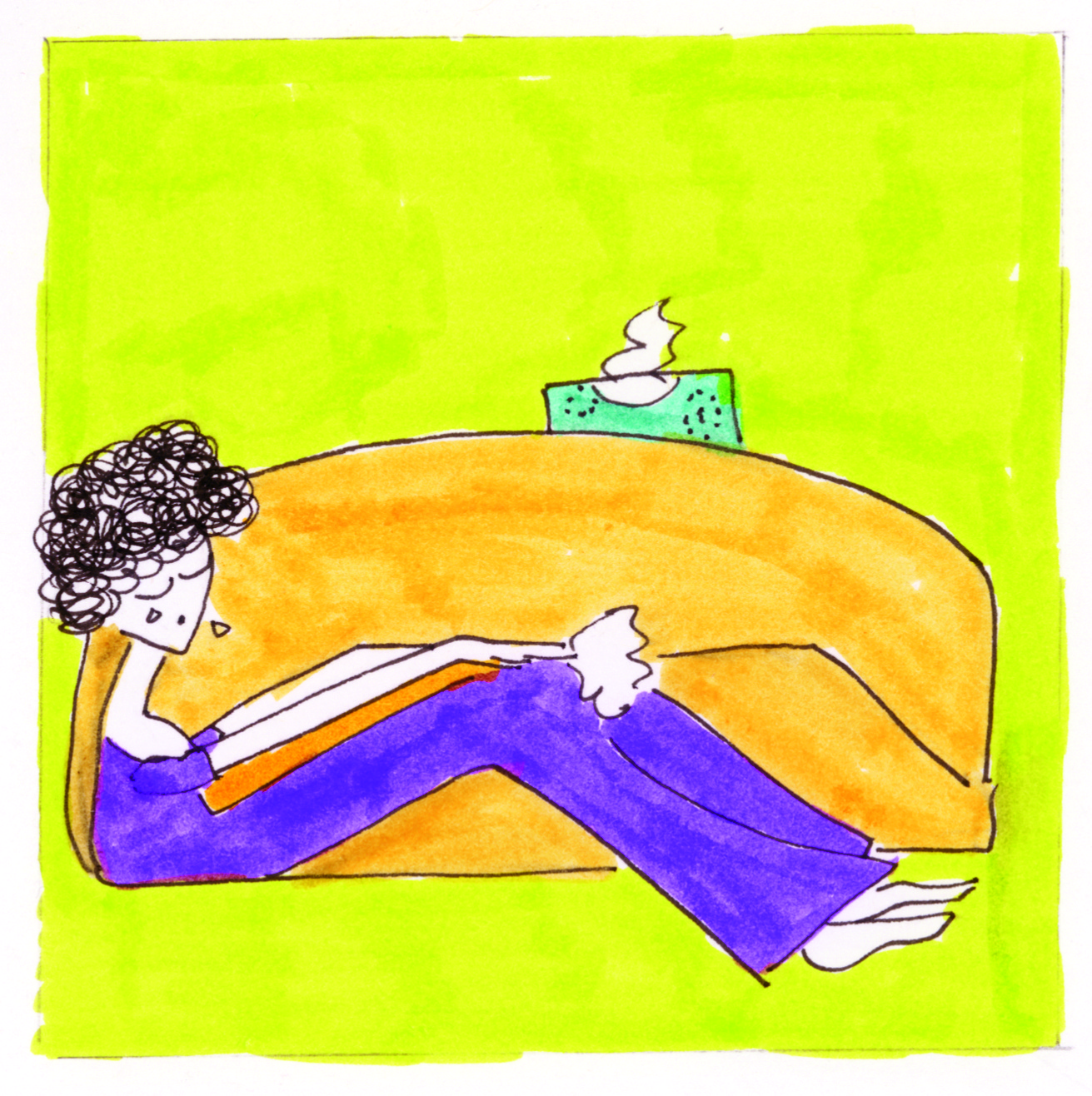
Analyze THIS
Why Do Therapy and Jewish Women Go Together?
The Therapeutic Dyad is Totally Jewish
Lori Hope Lefkovitz, professor of Jewish studies, Boston*
Saying things out loud that other people don’t has a very Jewish feel to me. And Jewish women, stereotypically, are not decorous. We’re brazen and impolite, specially Jewish mothers, speaking our piece. To “waste one’s time” talking about feelings, that’s female. So of course therapy is full of Jewish women.
The whole Jewish, suburban, kitchen-table culture is informally therapeutic; it was therapy before America became a therapized culture and could afford it. It’s also “ethnic” — African-American, Italian; you puzzle out your world by telling each other about your lives and making sense of it around a table.
Not so long ago, most Jews as a community lived the rhythms of a therapeutic life. There were calendar times for relationship repair and legislated emotional states, like mandating joy on Sukkot or Purim, and creating the conditions in which to have these feelings. The Passover seder has a therapeutic quality; we tell a national story about liberation and translate it into our personal lives. I would guess that Jews lived all the holidays psychologically. Now these functions are also translated into explicitly therapeutic space, and Jews have become therapists and patients.
The therapeutic dyad is obviously Jewish, and I surmise was familiar to Freud from the tradition of chevrusa, Jewish learning in pairs. There’s something tremendously exciting about working intimately, intensely, with one other person over a text you love. Freud understood “labor” as channeling libido; it’s “hot” to study. Imagine when the text is yourself or the relationship in the therapeutic room. There’s lots of potential, the kind of energy flow you see in religious ecstasy, but safe, contained.
Jewish people are traumatized, maybe it’s inherited and “forgotten,” so we come to therapy with a history of pain and with strategies we’ve informally developed for dealing with it. My parents are survivors, so I have the experience of their resilience, and also of living with the knowledge that they suffered immense loss. Often children of survivors parent their parents; you’re more careful, you enact a therapeutic role. You withhold the natural role of being cared for, and you’re emotionally alert, psychologically alert.
We’re taught that the Torah has 70 faces; there isn’t a single truth. We’re also taught that everything is in the Torah, but with a hitch: we have to find it. So Jews learned to search and to find ways to tell a story. The therapeutic practice of endless reinterpretation founded on the conviction that one story can yield many meanings — Jews are practiced at this! There’s something Jewish about all things analytic. Freud emerged right out of Talmud study.
Jews also have a fabulous tradition of not forgetting to remember to forget. We grog out Haman’s name, we blot out Amalek — it’s a commitment of erasure. This is therapeutic shuttling between memory [zachor] and forgetfulness. My father kept a diary, he was uneducated because he spent his high school years in Auschwitz: “There must have been other times in history when people were praying for the Messiah in vain [spelled “woine”]. For thos people probible was jost es bad thos days then for me now. To bad I hed to discover this in Auschwitz where I can do nothing about enithing.” This is therapy: empathy, feelings of futility, the redemptive possibilities that can emerge from overcoming trauma.
The culture of the shidduch [arranged marriage] connects for me with being a therapist because there’s a Jewish tolerance for fools; the shadchan knew — everybody knew — that there was “somebody for everybody.” There’s a cosmic correction, it all makes sense.
Being Jewish is also perspective-setting. Participating in community, living the rhythms of a ritual life, having access to a time-honored alternative culture. It gives you a place to go when the pressures of secular material consumerism are damaging; it’s therapy, a resource for experiencing well-being. You look at a pimple on your nose and see a volcano, you have a place of escape that reminds you to count your blessings, to pray; you have a whole system. And if you’re volunteering in a soup kitchen, say, your pimple matters less.
Jewish women are doubly defined against the norm. Normatives don’t question their identity, but non-normatives learn to think, “What’s it mean to be me?”


